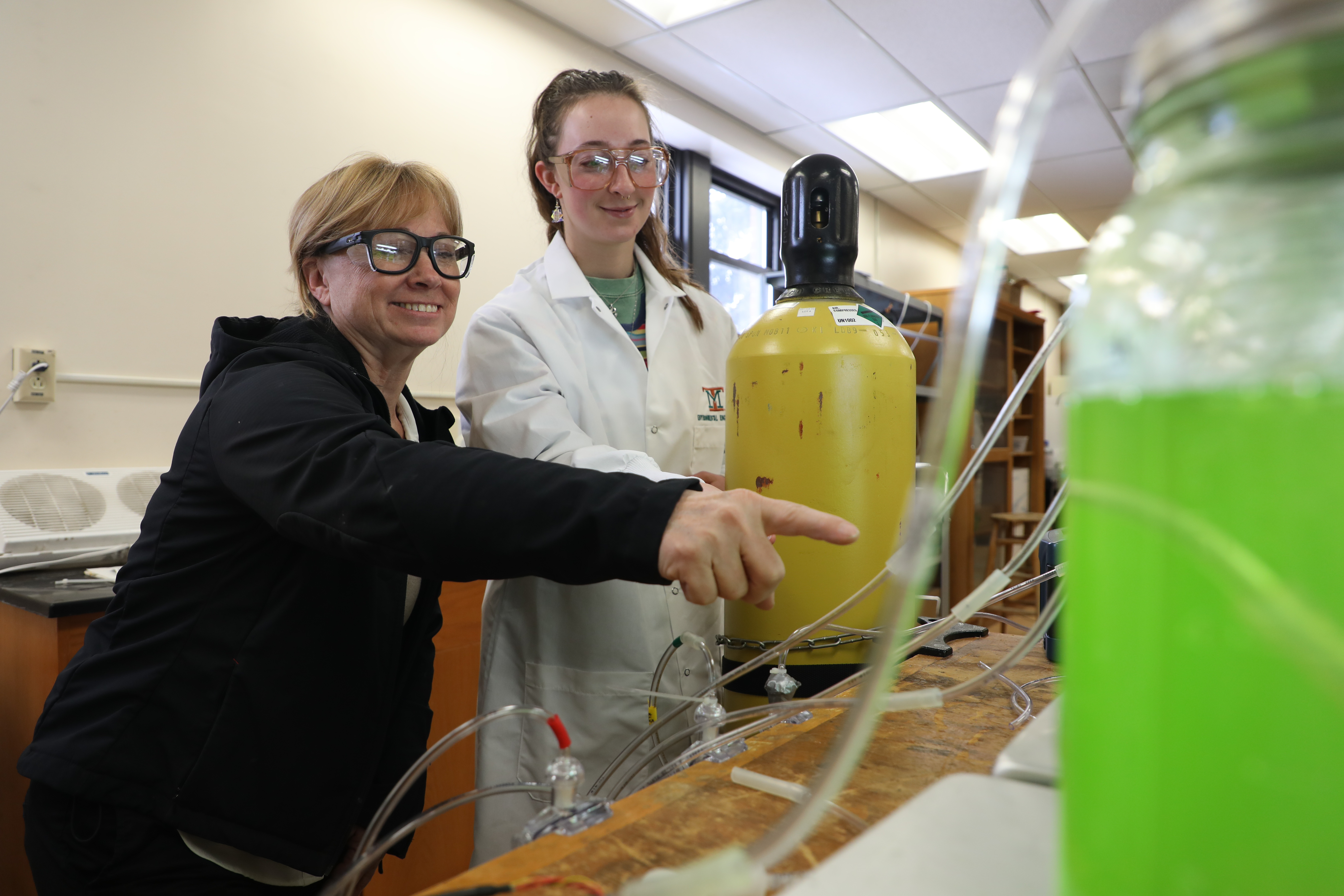Bullock to Lead Center for Environmental Remediation and Assessment at Montana Tech

“Montana Tech continues to be on the forefront of scientific research, and I have no doubt that the work done at the Center for Environmental Remediation and Assessment will help lead the Treasure State to a brighter future. Dr. Bullock brings the experience and dedication necessary to help ensure that Montana is a leader for innovation and remains the Last Best Place for generations to come,” said Montana Senator Jon Tester.
Dr. Robin Bullock, professor in the Environmental Engineering Department at Montana Technological University, has been appointed the interim Director of CERA on campus. Under Bullock’s leadership, CERA will broaden its charge creating greater value around waste management, and beneficial reuse of waste materials and reclaimed lands.
“Through this renewed effort, Montana Tech demonstrates the value it places on educating students about the technical and social aspects for environmental management of our resources and exposing them to hands-on, real-world problems and opportunities,” said Bullock. “The research and educational efforts are intended to benefit all partners, interested parties, and the public.”
The collaborative research program focuses on physical and societal aspects of environmental impact and restoration/reuse. The linked research projects will evaluate opportunities for resilient, effective, and value-added remediation and restoration of impacted lands— thereby reducing the nation’s protracted site clean-up and underutilization of remediated properties.
“Montana Tech’s Center for Environmental Remediation and Assessment (CERA) efforts to utilize its expertise in the environmental sector is paramount. CERA will directly develop and scale-up new technologies for waste materials from air, water, soil, and energy, not only for remedial purposes but for beneficial reuse. Montana Tech is positioned perfectly for that role,” noted Butte-Silver Bow Chief Executive JP Gallagher.
Among the Center’s priorities, it conducts research to:
Develop new technologies for the reuse of waste materials such as acid mine waters, tailings, non-commercial forest products, and agricultural byproducts;
Assess critical minerals recovery from mine waste to provide a secure renewable energy supply chain and reduce legacy environmental impacts
Investigate opportunities for greenhouse gas sequestration and use in oil and gas and mining industries;
Enhance reduction of impacts to indoor air from wildfire smoke, carbon dioxide, and other air pollutants
Develop remediation and restoration practices that work with nature and are sustainable, adaptable, and reliable in a changing climate.
Steve Thompson, Executive Director for the National Center for Appropriate Technology added, “CERA further strengthens our important partnership in seeking opportunities for climate adaptation, renewable energy, and community resiliency.
Montana Tech’s long-standing expertise in environmental remediation/restoration, geology, mining, mineral processing, energy, and geo-chemistry, in addition to its connection with Highlands College, positions it well to tackle these challenges.
“Reinvesting in CERA formalizes a central and long-standing research emphasis at Montana Tech and brings faculty activities under one initiative to allow for greater efficiency and larger team projects. Dr. Bullock’s industrial background is perfect for ensuring the projects are applied and relevant, and I look forward to working with her,” explained Dr. Angela Lueking, Vice Chancellor of Research & Dean of the Graduate School at Montana Tech.
The research center partners with the on-campus Center for Advanced Material Processing (CAMP), the Montana Bureau of Mines and Geology (MBMG), the Clark Fork Watershed Education Program (CFWEP), and Highlands College - in addition to current and future industry, academic, government and community partners.
For more information about CERA, please visit www.mtech.edu/cera.